THE PULSE
NEWSLETTER OF THE CANADIAN ASSOCIATION OF RECYCLING INDUSTRIES
Vol. 20, Issue 7, November 2015

MESSAGE FROM THE CHAIR
Rail freight service is essential to our industry. We rely on it to deliver our products to ports and consumers throughout North America, and across Canada’s vast landscape. As such, upsets to rail service pose a tangible threat to our businesses.
During our recent Chapter meetings, CARI’s President informed members of a potential shutdown of U.S. railways due to the proposed implementation of Positive Train Control (PTC), a GPS-technology that monitors and controls train movements to prevent collisions and derailments. CARI is pleased to report that this shutdown has been averted and the PTC deadline has been extended to December 2018.
Though PTC was supposed to have been implemented by December 31 of this year, the legislation presents considerable infrastructure and funding challenges. Most rail providers do not yet meet requirements and would have had to cease operating had the deadline not been extended. This type of railway shutdown would have had a major impact on Canadian shippers.
As a national association, and in partnership with other organizations, CARI effectively advocates for our industry when issue arise, including those involving rail transport. CARI is a member of the Coalition of Rail Shippers (CRS), a group of 18 export-focused industry associations that make a significant combined contribution to our Canadian economy. Canadian export sales or export volumes for the CRS total over $175 billion. CRS wrote to both the Senate and House of Representatives committees piloting the legislation and also brought concerns to the attention of Transport Canada to have the Canadian Government make representation to U.S. authorities.
CARI works to keep members informed of issues that might affect their businesses. Attending chapter meetings is one way to keep apprised of issues that might affect you, raise areas of concern you’d like CARI’s help with, and hear about the work CARI is doing on your behalf.
Adam Chisick
CARI Chair
[su_divider top=”no”]
The Ontario Ministry of Environment & Climate Change recently posted the second consultation proposal regarding standards for end-of-life vehicle processors to the Environmental Registry (EBR), available here. Comments on the proposal must be submitted by December 13, 2015. CARI staff will continue to monitor proposed regulations for ELV disposal sites.
[su_divider top=”no”]
FAST FACTS
- ISRI’s board of directors will consider changes to specifications for baled and shredded plastics from recovered electronic devices. The proposed changes would affect existing e-plastics specifications found on pages 46-50 of the Scrap Specifications Circular 2015.
- SENNEBOGEN has recently expanded its coverage in Saskatchewan, with 7 locations and 100 technicians now located province-wide.
- Two trade groups, Las Vegas-based Aircraft Fleet Recycling Association (AFRA) and Montreal-based International Civil Aviation Organization (ICAO) are developing best practices for aviation recycling, to create standards for dismantling, processing and storage, employee training, and disassembly facilities. According to one aviation recycler, “80 to 90 percent of aircraft materials can be recycled”, providing a rich source of nonferrous materials. One Bombardier employee says 75 to 80 percent of modern aircraft are made from aluminum, with titanium and copper also commonly used. Bombardier is currently developing an end-of-life program to ease the recoverability of aviation materials.
- At BIR’s recent World Recycling Convention in Prague, guest speaker Nick Rose told the Nonferrous Division that it faces “diminishing margins, rising costs and low confidence.” Mr. Rose attributed these conditions to slow economic growth in China, diminished sales in Europe, and difficulties with India’s new pre-shipment inspection procedures. Keynote speaker for BIR’s Ferrous Division, Becky E. Hites, noted that, “American scrap exports were 40% below their 2011 peak and down 17% year on year in January-August 2015.” She cautioned that the Chinese government had “turned against accommodating policies for the steel industry” and recommended businesses find ways to adapt to a new world market. The session ended on a positive note, with India’s steel industry “expected to boost its scrap consumption over the next 10 years from 32m tonnes per annum to around 56m tonnes [and] annual scrap imports projected to double to 10m tonnes by 2020.”
- Other highlights of BIR’s convention include EuRIC’s presentation on how Europe’s proposed circular economy program should be “market-driven” and should “make sense for the recycling industry”, and discussions on how to improve the e-scrap recycling sector’s image.Presentations and reports given at the BIR World Recycling Convention are now available on the BIR website.
[su_divider top=”no”]
Canadian Association of Recycling Industries
130 Albert Street Suite 1906
Ottawa, On K1P 5G4
Canada
Telephone: 613-728-6946
Fax: 705-835-6196

